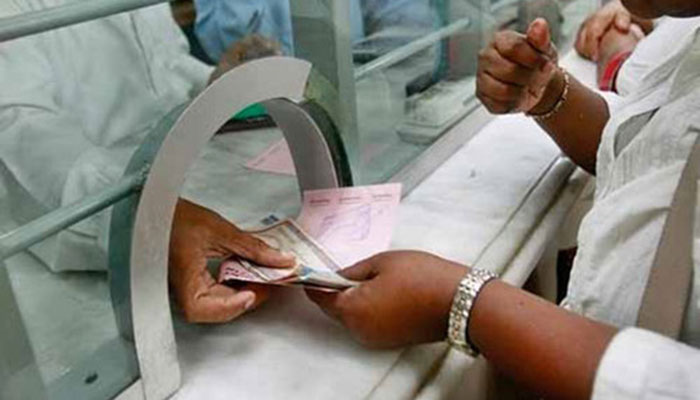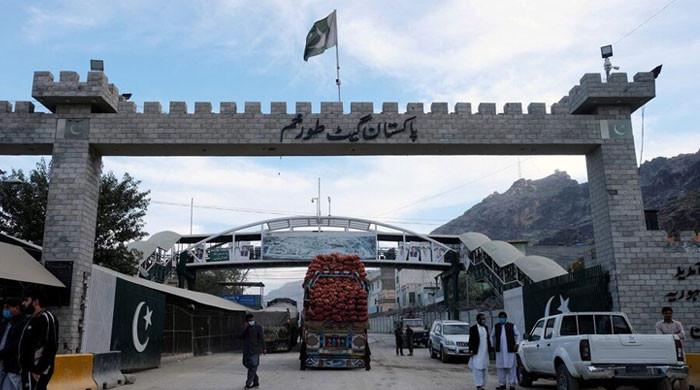Banks agree on sharing account holders’ details with tax authorities
An agreement was reached between FBR chairman and chief executives of commercial banks on November 27
November 29, 2019

KARACHI: Banks have agreed to reveal details of their account holders to tax authorities in a deal inked this week to check suspected undocumented money in the banking channels, sources said on Thursday.
An agreement was reached at meeting between Federal Bureau of Revenue (FBR) Chairman Syed Shabbar Zaidi and chief executives of commercial banks on November 27, 2019, at the Large Taxpayers Unit (LTU) Karachi.
“The PBA (Pakistan Banks Association) has agreed to withdraw its petitions from the high courts and also agreed to provide account holders information under section 165A (of the Income Tax Ordinance, 2001),” a source said. “It would enable the tax department to access real-time information of transactions made through the banking system.”
Sources said banks have agreed to withdraw their petitions by next week. Section 165A was introduced to the main statute through Finance Act, 2013 but the implementation remained in litigation before the higher courts since then. Under Section 165A, banks are responsible to provide details of financial transactions made by their account holders to FBR.
Sources said FBR chairman, at the meeting, said section 165A was amended in 2014, 2018 and recently through Supplementary Finance Amendment Act, 2019 on PBA’s recommendations.
“Therefore, the PBA and its members should not have any objection on the implementation of section 165A of Income Tax Ordinance, 2001,” Zaidi was quoted as saying.
As per law, the banks are bound to provide details of account holders. Those details included a list of persons making a cash withdrawal of Rs50,000/day or over Rs1 million/month; deposits of Rs10 million/month; credit card payment of Rs250,000/month; and details of persons receiving profit on debt above Rs500,000/year.
The laws in Income Tax Ordinance, 2001 have superseded other laws, including Banking Companies Ordinance, 1962; the Protection of Economic Reforms Act, 1992; and Foreign Exchange Regulation Act, 1947, yet the banks were not providing the details on one pretext or the other.
It is worth noting that the government has also made arrangements to streamline laws to access bank deposits for identifying financial transactions.
Prime Minister Imran Khan in a meeting held last month had directed the ministry of law and justice and State Bank of Pakistan to propose necessary amendments in bank laws and regulations for ensuring real-time data sharing of financial transactions with FBR.
Originally published in The News











